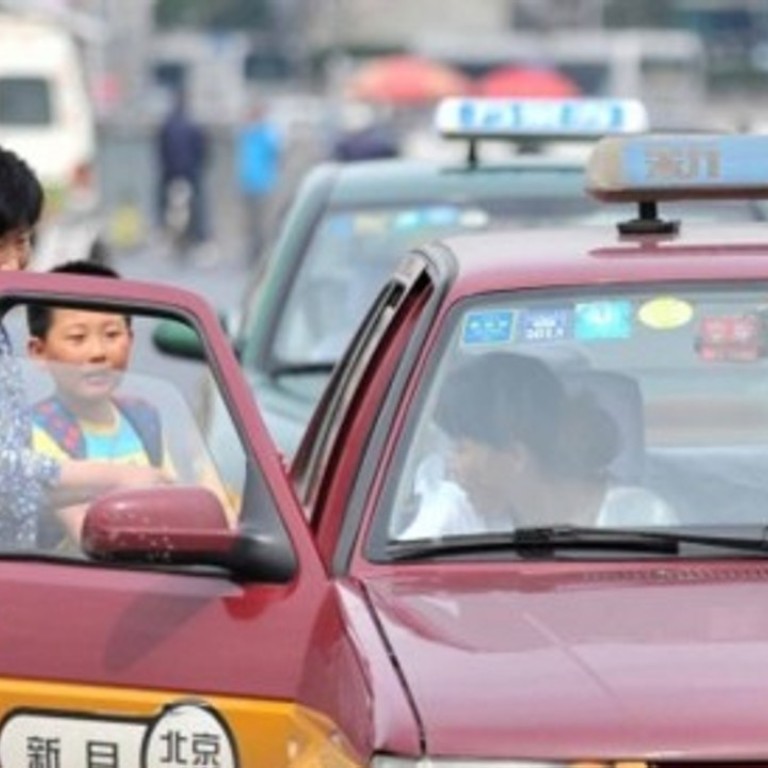
Car-hailing apps to the rescue: Didi Kuaidi cut total daily car rides in Beijing by 2.1 per cent in 2015 to ease smog, congestion
Chinese report shows that all such apps, including Uber, racked up 300 million users and 10 million drivers in the country last year
China’s market-leading car-hailing app Didi Kuaidi reduced the total number of car trips in China by 1.14 million a day on average last year, equivalent to a drop of 2.1 per cent in the number of car journeys made in Beijing, it said in a report issued today.
The equivalent fall in the number of daily car rides made in another major Chinese city, Guangzhou in southern Guangdong province, was 1.6 per cent, according to the report.
READ MORE: Guangzhou loses 100,000 drivers as China’s Didi Kuaidi, Uber and rival car-hailing apps pressured to ditch non-local plates
It added that in 2015 alone, 510 million litres of petrol were saved and 13.55 million tonnes of emissions avoided due to the soaring popularity of the apps. The lower emissions would have the same effect on the environment as planting 1.13 billion trees, it said.
It said that all car-hailing apps operating in mainland China, including Uber and China’s Ucar, attracted a cumulative total of 300 million active passengers by the end of last year, with 10 million drivers working for them.
The report showed that the number of registered users of such smart transport platforms in China rose by 13 per cent on average for each month of last year.
Didi registered a total of 1.43 billion completed rides in 2015, it said.
Mobile ride-sharing apps are now available in all provinces and municipalities across the country.
According to the report, the southwestern municipality of Chongqing, Qingdao in eatern Shangdong province, Guangzhou in southern Guangdong and Beijing are China’s most congested cities.
Moreover, the average driving speed in cities like these drops to its lowest rate – 22 kilometres per hour – at around 5pm, meaning drivers only travel around 333 meters per minute at this time.
Such traffic congestion has already expanded to China’s second- and third-tier cities, it said.
The report used Didi as an example to show how internet-based transportation solutions are effectively reducing urban traffic pressure in China, as well as the negative environmental impact of heavy traffic, as most urban cities deal with high levels of congestion and smog.

